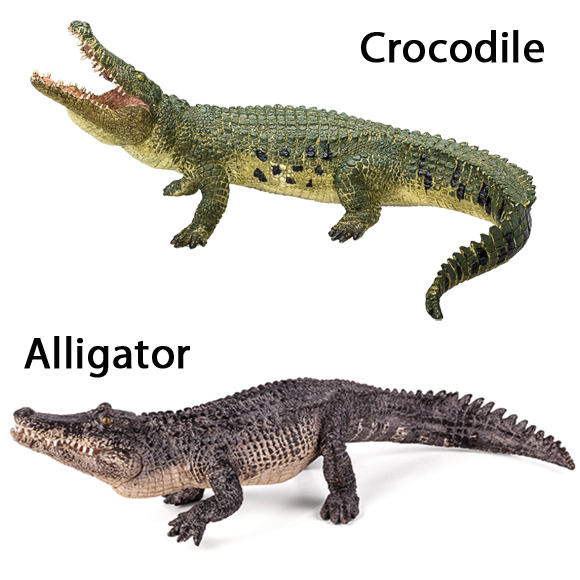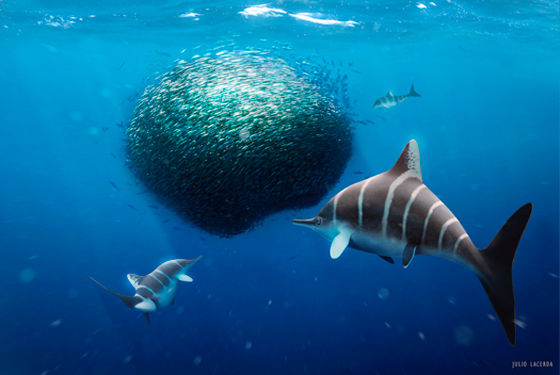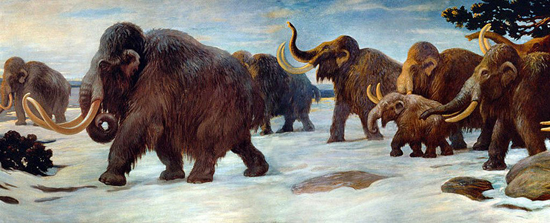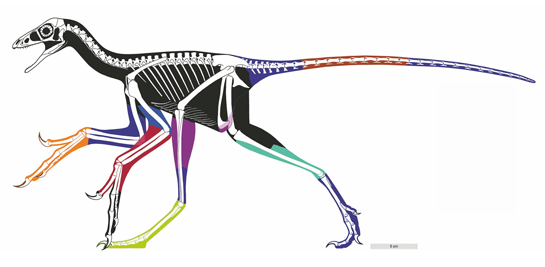Dentist Survives Saltwater Crocodile Attack
A dentist fishing with friends got more than he bargained for when he was savagely attacked by a 2.5- metre-long Saltwater Crocodile. The attack which left the dentist with puncture wounds and gashes to his upper chest was swiftly curtailed by a elbow to the throat of his assailant.
Saltwater Crocodile
Dentist Bruce Rudeforth, from Broome (Western Australia) survived the attack from a two and a half metre long Saltwater crocodile (Crocodylus porosus) which leapt into his fishing dinghy and clamped its jaws around his upper chest. The 59-year-old, experienced fisherman was busy baiting up his lines last Wednesday afternoon, hoping to catch a Barramundi or two when the unexpected assault took place. The attack happened in Secure Bay, an area known to be frequented by many large crocodiles, but such aggression is rarely encountered.
Dr Rudeforth stated:
“Out of the corner of my eye, this came at me. It bit into my shoulder and I stood up and gave it one in the throat with my free elbow – I presume that is what made it let go.”
The crocodile remained in the dinghy for several seconds and it was touch and go whether it would lunge again, according to Dr Rudeforth.
The Difference Between a Crocodile and an Alligator
For models and replicas of crocodiles and alligators (whilst stocks last): Mojo Fun Prehistoric Life Models.
Dr Rudeforth was bleeding underneath his shredded shirt, but the encounter with this predator was not over. After the crocodile had disappeared underwater it returned again, forcing the dentist and his fishing mate Neil Fong to defend themselves with the boat’s oars.
Dr Rudeforth added:
“With the other hand I had the outboard started and we were going backwards at a million miles an hour.”
Once the pair made it back to a bigger boat, where their three other fishing colleagues were, Dr Rudeforth was treated by his brother-in-law and fellow Broome dentist Peter Ellies. Dr Ellies used a local anaesthetic from the boat’s first aid kit to numb the pain and stitch the wounds.
Rather than call off the week-long trip, with typical Aussie gusto, Dr Rudeforth decided to continue fishing with stitches in the wounds for several days.
He commented:
“It takes a lot to organise a trip like that, so why come home.”
Undeterred by his experience the doctor has not been put off returning to Secure Bay, but he warned other visitors that the behaviour of the crocodiles in the area may have changed.
Not long before the attack, he and the other man had caught two Barramundi and lost two others while fishing along the side of a creek. He stated that the attack came without any warning.
“We have been doing this for years and years and there are always crocodiles around. They usually hang out at a comfortable distance, just waiting for you to make a mistake, but on this trip we had lots of episodes where they came right at us and were aggressive.”
He had one theory that as more and more people ventured into the area, they might be feeding the crocodiles in some way.
Feeding crocodiles is a very dangerous practice, he added:
“That is causing them [crocodiles] to associate humans with food. It that’s the case, then there will be more and more of this sort of stuff happening.”







I think that is horribe. How is the dentist doing now? I sure hope he is ok